At our mental health treatment center for teens, we understand how difficult this time is for the parents and families of a struggling teen. Our therapeutic and clinical team will provide therapeutic support and guidance for the family unit during the entire process.
RESIDENTIAL INPATIENT TREATMENT FOR TEENS & ADOLESCENTS
Teen Residential Treatment Center (RTC)
BNI Treatment Centers is a trusted provider of behavioral health treatment for adolescents ages 12-17. The residential treatment program offers hope for teens who struggle with mental health, behavioral issues, substance use, or dual diagnosis challenges.
UNDERSTANDING INPATIENT TREATMENT
What Is Teen Residential Treatment?
A residential treatment center for teens is an intensive program offering round-the-clock support for teenagers in need of healing. Drawing on the expertise of a highly qualified team of mental health professionals, an individualized treatment plan will be designed to meet the psychological, social, and physical needs of each teen in our care.
BNI Treatment Centers offers a comprehensive program that incorporates the best of evidence-based therapies combined with holistic and experiential activities. This integrated model allows us to treat the whole person, versus just a diagnosis.
While residing at the treatment center, the teen is able to explore the underlying factors involved in their mental health or substance use challenge, and to focus on learning new healthy behaviors. At our residential teen treatment center, we understand that academic support for the teen is essential, so assigned tutors allow them to keep up with their scholastic pursuits during their stay.
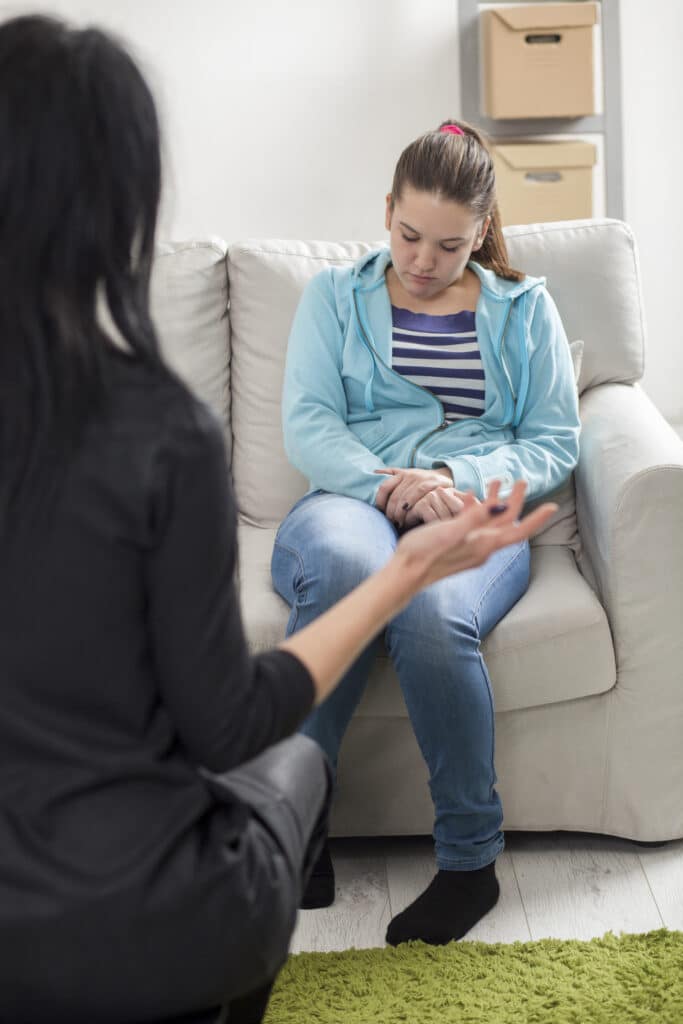
Our Programs
Medical Detoxification
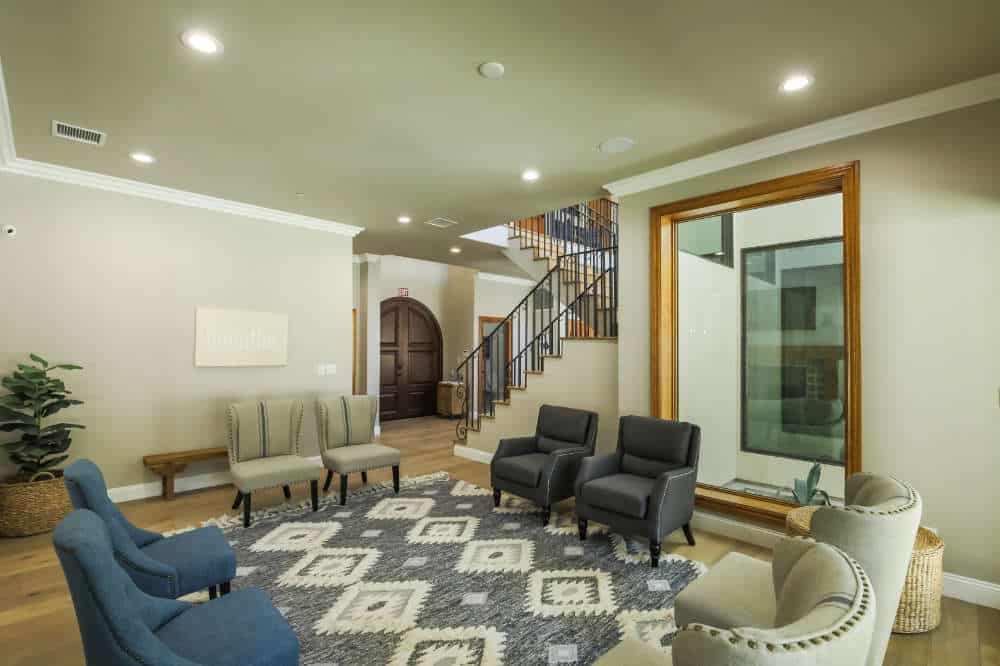
Medical Detoxification
Residential Inpatient
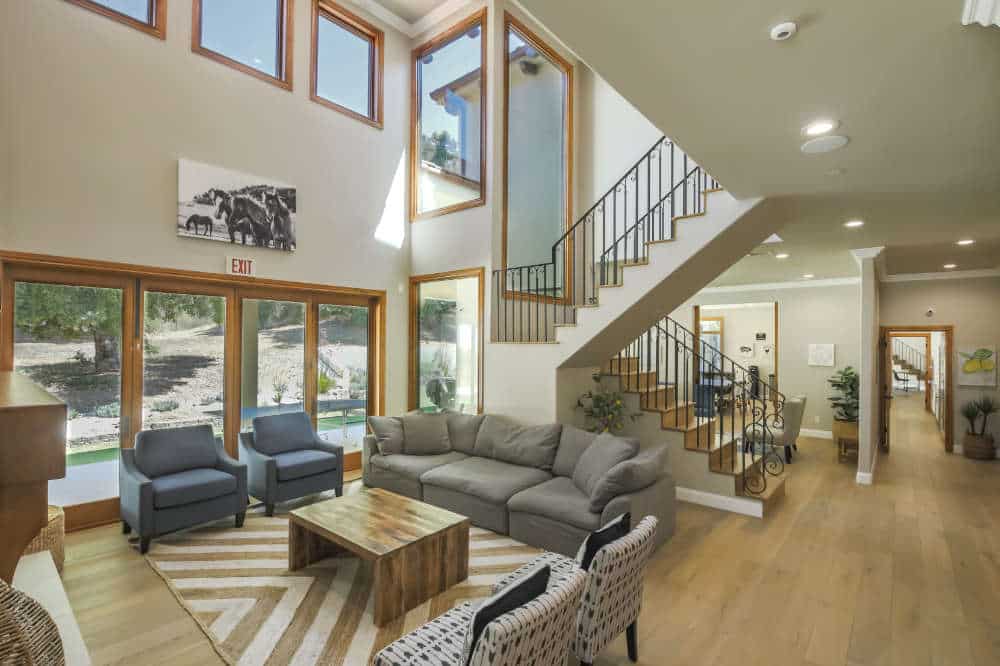
Residential Inpatient
Partial Hospitalization
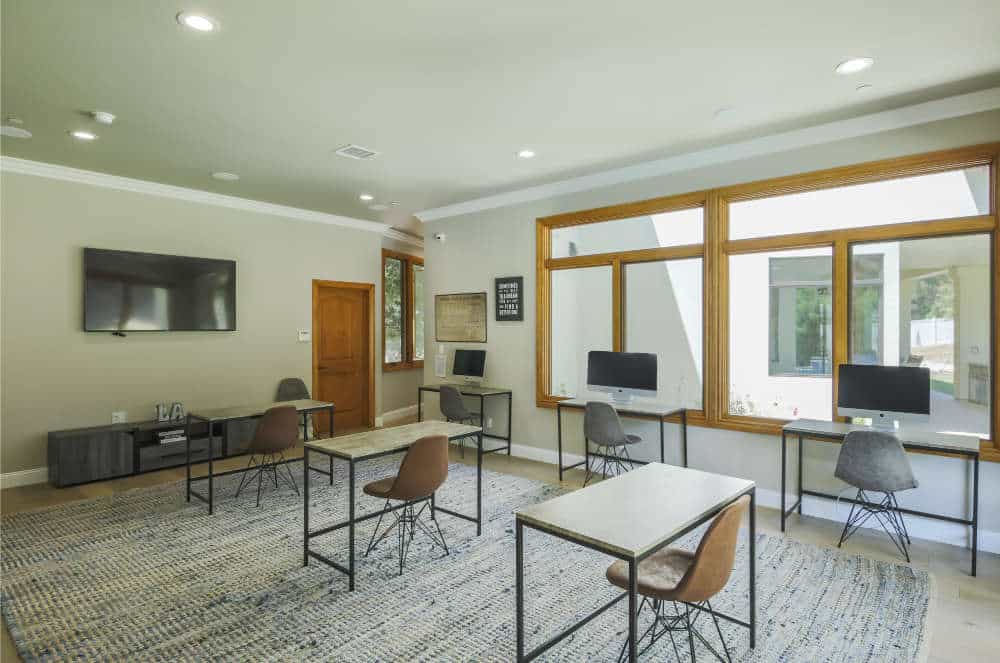
Partial Hospitalization
Intensive Outpatient
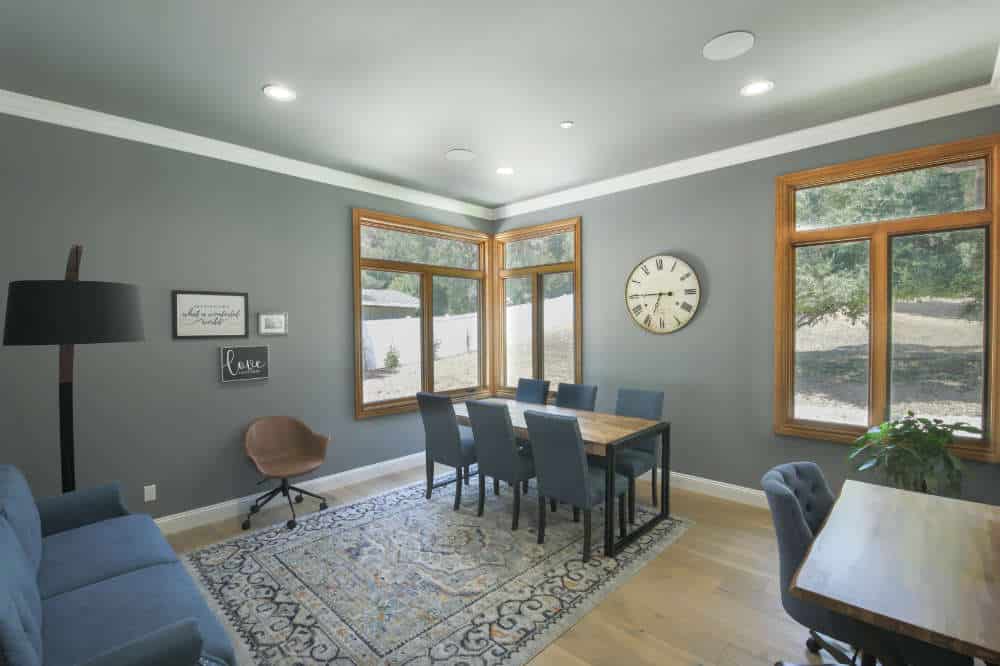
Intensive Outpatient
Residential Teen Treatment Elements
The residential treatment center features a safe, structured environment where adolescents engage in a variety of therapeutic activities throughout each day. These include the following treatment elements:
Some teens might require immediate intervention for a crisis event. Our psychiatric team provides the acute stabilization support and care necessary for teens experiencing a mental health or drug-related crisis.
One-on-one talk therapy sessions three times per week allow clients to work with a psychologist within a safe, supportive environment. Some of our offered therapies used include:
- Cognitive Behavioral Therapy
- Dialectical Behavior Therapy
- Solutions Focused Therapy
- Mindfulness-Based Cognitive Therapy
- Integrated Body Psychotherapy
To help parents and teens strengthen their connection, family therapy is a central focus of the residential program. Teens and parents learn how to better communicate with each other, and to also acquire a better understanding of healthy relating within the family system.
Teen group therapy features small group discussions among peers in recovery, led by a member of our staff. These group sessions allow peers to safely share their feelings and experiences, as our therapists help them understand their emotions and learn beneficial coping strategies in the process.
During treatment the student may require additional assistance with their schoolwork. To aid with this, on-site tutors and computer stations are provided for the teens. Academic support assures the teen will not fall significantly behind their peers at school.
If the teen has developed a substance use issue, they may require a medical detox at the start of treatment. Once the detox is completed, they will also be introduced to the helpful models of recovery support wehile learning to examine through evidence-based therapies the root causes of their initial substance use.
Teens are receptive to activities that engage all aspects of their being, which is why holistic and experiential elements are intrinsic to the program. Hiking, water sports, yoga, surf therapy, mindfulness, art and music therapy, and equine therapy keep teenagers fully engaged in their treatment.
Our Inpatient Rehab for Teens in California Can Help
Experience. Connect. Grow.

Request a Confidential Callback
Our caring admissions team is standing by ready to help your teen or adolescent. Call us 24/7 or fill out our free form to request a callback right now.
We Currently DO NOT Accept Medi-Cal, Medicare, IEHP, Kaiser or Government state/county funded health insurance.
BNI Treatment Centers is Here to Help Your Teen Find Healing
If you are looking for the best inpatient rehab for teens in California, BNI Treatment Centers is your top choice. Our doctor owned-and-operated facilities offer your teen or adolescent a safe space where they can find healing from substance use, mental health conditions and behavioral issues.
Your teen has a bright future. Let our caring admissions team help you begin the process right now.
